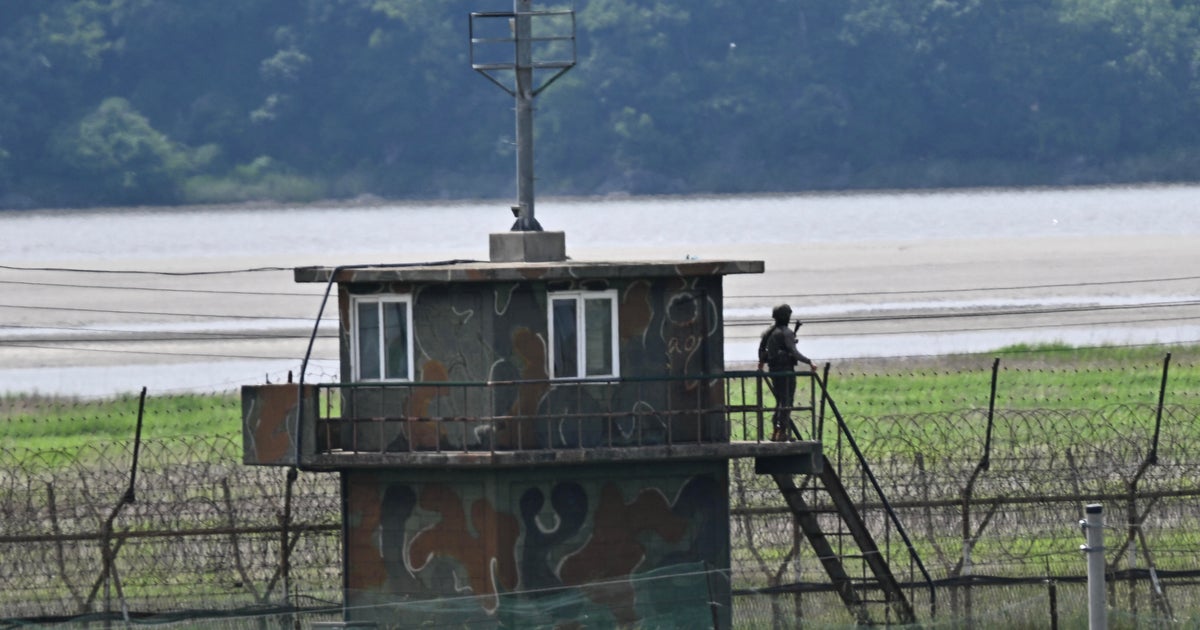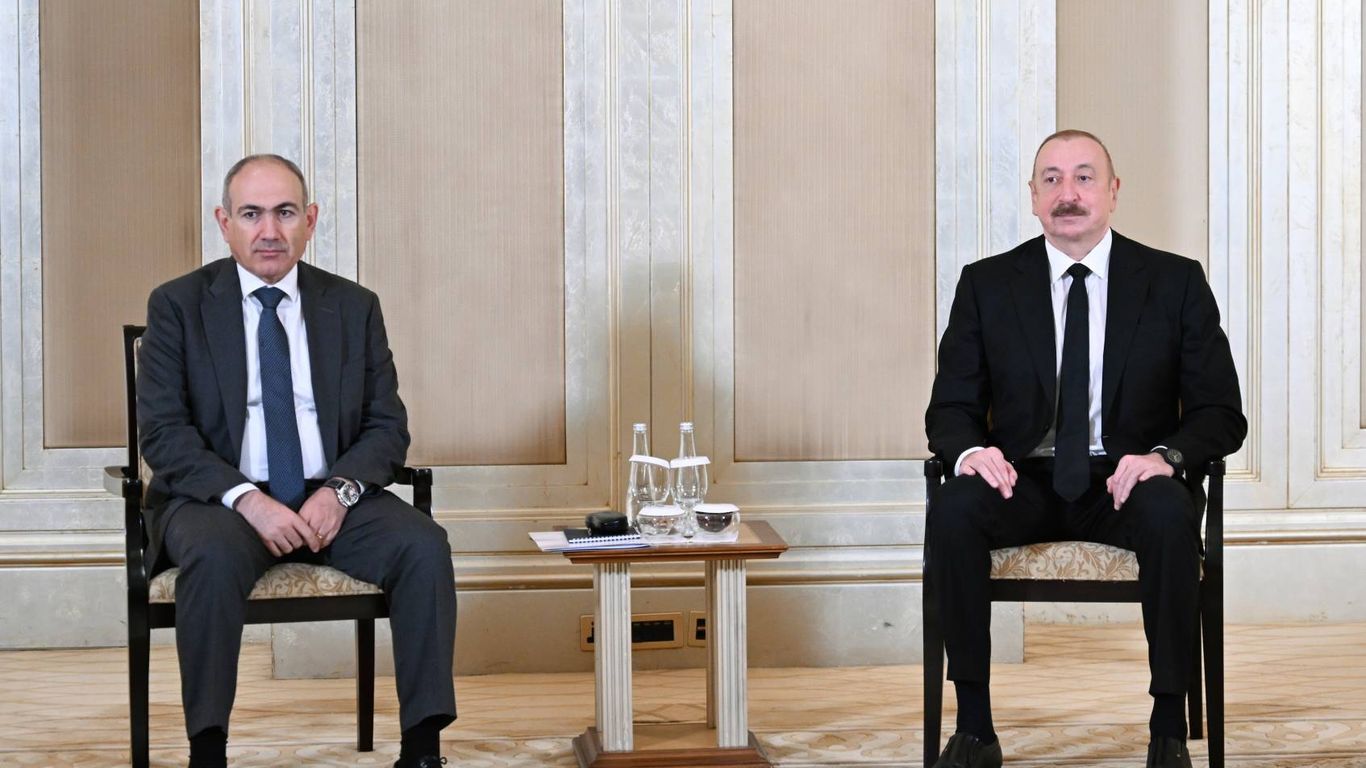Chinese Diplomat Detained for Corruption Probe

Introduction
Chinese authorities have detained senior diplomat Liu Jianchao for a probe, the Wall Street Journal reported, citing people familiar with the matter. This move by the Chinese government has raised concerns and questions about the reasons behind the detention and the potential impact on diplomatic relations with other countries. Liu Jianchao is a well-respected and experienced diplomat, having served as the spokesperson for the Chinese Foreign Ministry for six years. His detainment has left many wondering about the implications and potential consequences for China's international relations.
Key Details
The Chinese government has not officially released any information about the reasons for Liu Jianchao's detention. However, many speculate that it is related to a corruption probe within the Foreign Ministry. This is not the first time that Chinese officials have been accused of corruption, and it raises concerns about the integrity of the government and the potential impact on foreign relations. Liu Jianchao's detainment also comes at a time of heightened tension between China and the US, as they navigate trade disputes and tensions in the South China Sea. This move may further complicate the relationship between the two countries.
Impact
The detainment of Liu Jianchao has caused a ripple effect in the international community, with many countries and organizations expressing their concern and calling for transparency from the Chinese government. This incident also highlights the ongoing issue of corruption within the Chinese government and
About the Organizations Mentioned
Chinese Foreign Ministry
The Chinese Foreign Ministry, officially known as the Ministry of Foreign Affairs of the People's Republic of China, is the primary government agency responsible for managing China's foreign relations. It is headquartered in Beijing and is currently led by Minister Wang Yi, who plays a crucial role in representing China's interests abroad. ## Organization and Functions The Ministry is structured with various departments, each focusing on different regions and aspects of foreign policy. For instance, the Department of West Asian and North African Affairs handles bilateral relations and diplomatic affairs with countries in those regions, while the Department of European Affairs oversees relations with European nations[3][4]. The Ministry also has departments like Policy Planning, Treaty and Law, and Foreign Affairs Management, which manage negotiations, ensure compliance with international treaties, and coordinate foreign affairs work across different government departments[7]. ## History and Evolution Historically, the Ministry has evolved significantly, especially since the Deng reforms, which increased its power and influence within the government[5]. Its role has expanded further under President Xi Jinping, with notable appointments like Wang Yi being promoted to a state councillor position and later to the Politburo[6]. ## Key Achievements and Current Status The Ministry has achieved several milestones, including managing China's largest diplomatic network globally, with 274 diplomatic posts as of 2024[1]. It played a key role in significant international events, such as the 2017 Doklam standoff and the 2020 diplomatic efforts during the COVID-19 pandemic[6]. Currently, the Ministry continues to shape China's assertive foreign policy, representing the state's interests and articulating its positions on the international stage[6]. ## Notable Aspects Notably, the Ministry operates under the Central Foreign Affairs Commission, which is led by the General Secretary of the Chinese Communist Party, ensuring alignment with the Party's strategic decisions[1][5]. While the Ministry executes foreign policy, strategic decisions remain the prerogative of the highest central leadership[5]. Its
Wall Street Journal
The *Wall Street Journal* (WSJ) is a premier American daily newspaper specializing in business, financial, and economic news, along with coverage of politics, technology, real estate, and culture. Founded on July 8, 1889, by Charles Dow, Edward Jones, and Charles Bergstresser, it originated from Dow Jones & Company's financial news bulletins called “flimsies,” which were hand-delivered to traders on Wall Street[1][2]. The newspaper quickly established itself as a trusted source for investors and professionals by providing detailed market reporting and analysis from its base in New York City. Historically, the WSJ evolved from brief bulletins into a comprehensive publication, growing in size and influence. Its mission has focused on rigorous, fact-based journalism serving the interests of the financial community and broader business readers. The paper has won multiple Pulitzer Prizes, underscoring its editorial excellence and impact[1]. It has also been recognized as one of the United States' newspapers of record, influencing economic policy debates and business practices worldwide[2]. In the digital era, the WSJ successfully transitioned to online media with the launch of its subscription-based digital edition in 1996, which has since grown to nearly two million digital subscribers by 2019, offsetting declines in print circulation[1]. This digital expansion includes in-depth technology reporting, making it a vital resource for readers interested in the intersection of business and technology. Today, the WSJ remains one of the largest newspapers globally by circulation, maintaining a robust presence in both print and digital formats. It is noted for its comprehensive market data, incisive editorials, and broad coverage that extends beyond finance to include politics, health, and culture, appealing to a diverse readership of business professionals, policymakers, and technology enthusiasts[1][3].















